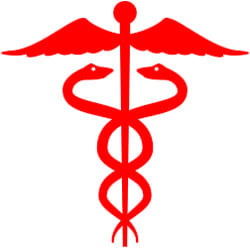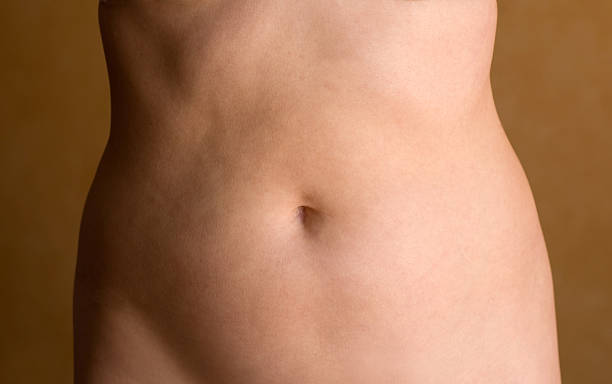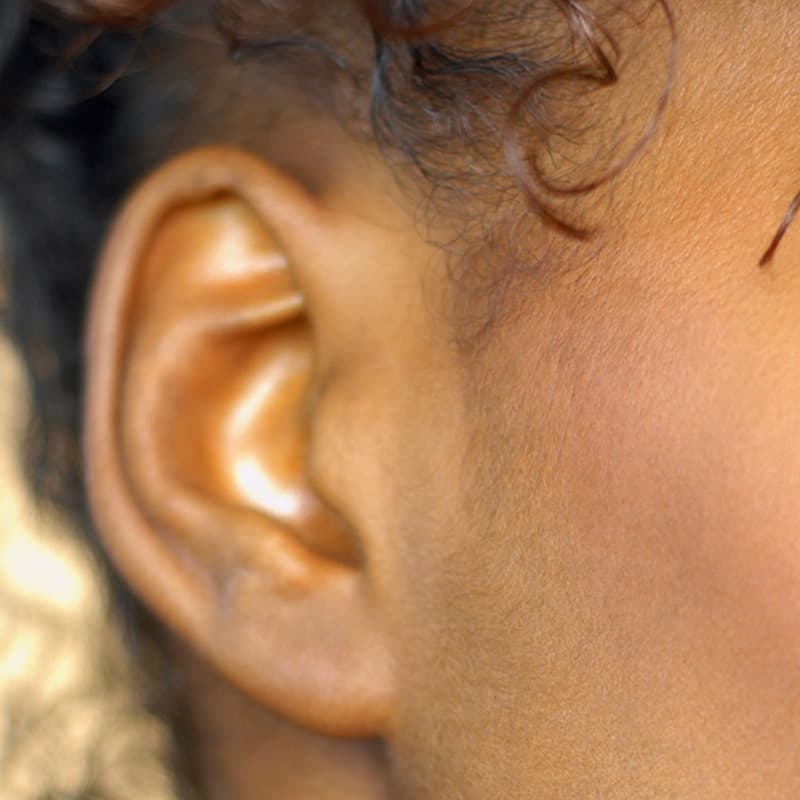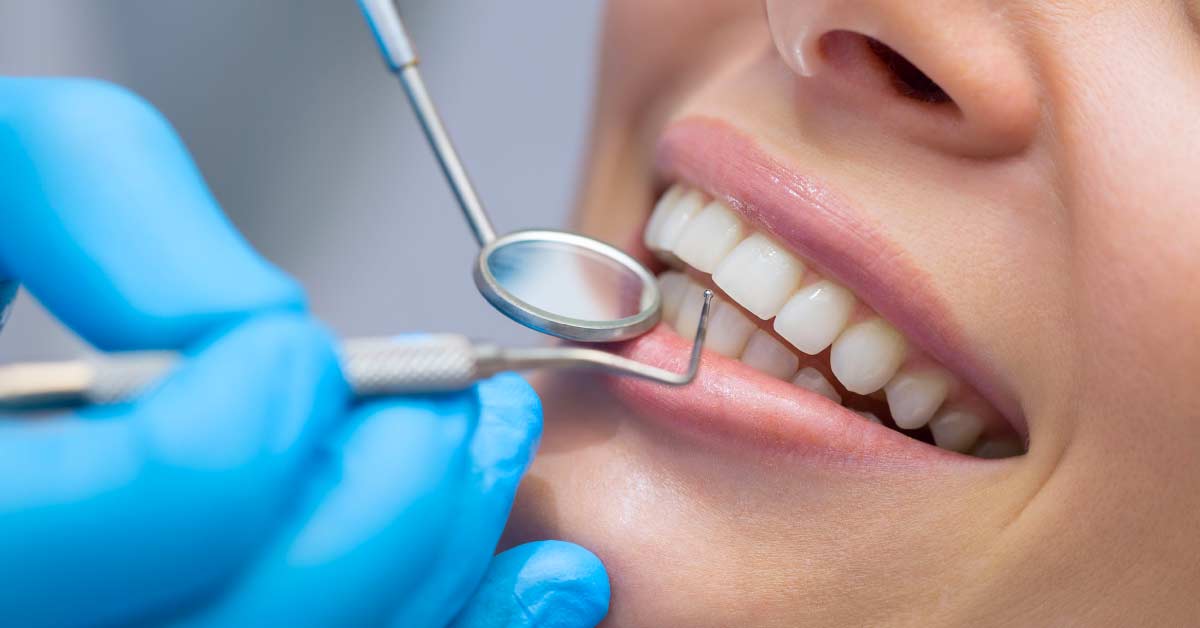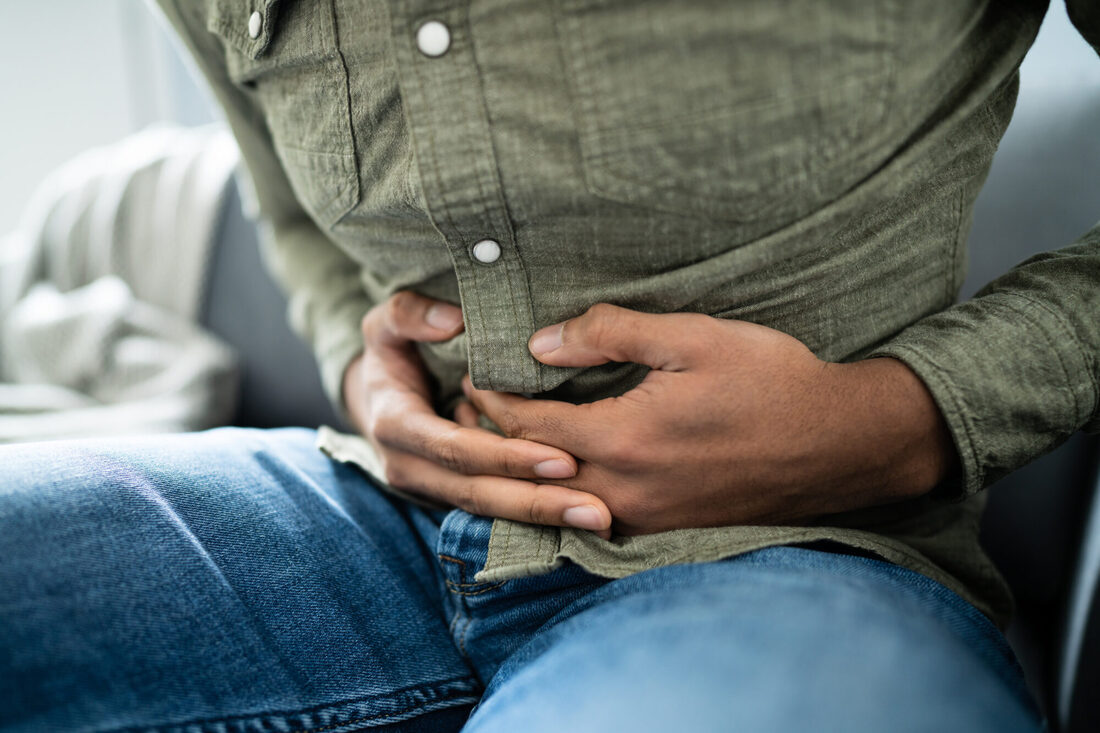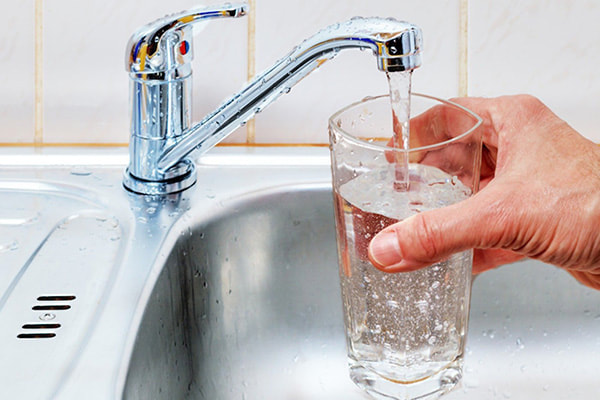What Your Body Odor Says About Your Health
Research shows that there could be as many as 70 types of bacteria in your navel. Soap and water may all you you need if yours is a bit funky. But odor can also be a sign a sign of infection. For instance, an infected navel piercing might stink. And if you have diabetes, it's easier to get infections. If you somehow cut or scrape your belly button, it could get infected. Smelly discharge is a symptom.
Earwax is normal. But if it starts to smell or you see a discharge, it could be a sign of an infection or something stuck in your ear. This is especially true for children.
Waking up with smelly breath is normal. Your body puts out way less saliva or spit when you are asleep. Saliva helps get rid of bacteria that cause odors, so your breath might also smell bed when you're hungry or dehydrated. That's because chewing signals the body to make saliva. Not drinking enough water slows down the process. Foods like garlic and onion can lead to bad breath too.
Changes in your breath can be a symptom of several health conditions. These sinus infections, gum disease and acid reflux. Sjogren's syndrome, an autoimmune disease, attacks the glands that make tears and saliva.
Poop is naturally smelly because of bacteria and compounds. But if it smells worse than usual and comes with other symptoms like diarrhea, belly cramps, and nausea, it could be a sign of and infection. Certain bacteria, viruses, and parasites, can lead to stomach bugs. Giardiasis, is a type of diarrhea that triggers unusually bad-smelling poop. The giardia parasite, typically found in untreated water and food, causes it.
Exercise, nervousness, and just being too hot can all lead to sweating. Sweat itself doesn't have an odor, but when it mixes with bacteria on your skin, watch out. An antiperspirant which controls sweating, usually fixes the problem. So can a deodorant, which helps with odor. Spme over-the-counter products do both. Prescription strength antiperspirant might also be an option.
Pee is a mixture of water and leftover waste from your kidneys. Pee that's mostly water has little or no odor. But if you often smell ammonia, that's a sign you need to drink more water. Certain foods like asparagus can change the smell of your pee. So can supplements. Adding water and other caffeine-free fluids should be enough to get you back on track.
Your penis! If you're uncircumcised, dead skin cell and fluids can build up in your foreskin. This build-up becomes a smelly cheese-like substance called smegma. Washing your penis everyday can stop this from happening. UTIs can also cause odors.
Lots of sweat and wearing the same shoes can lead to stinky feet. Washing them with antibacterial soap and fully drying them can help. You can also sprinkle an exorbitant powder or use an antiperspirant on your feet.
Your vagina has its own unique smell. Sex, your period, or sweating may briefly change it. Not cleaning it or leaving a tampon in for too long can also cause odors.
Credit: WebMD
Credit: WebMD
